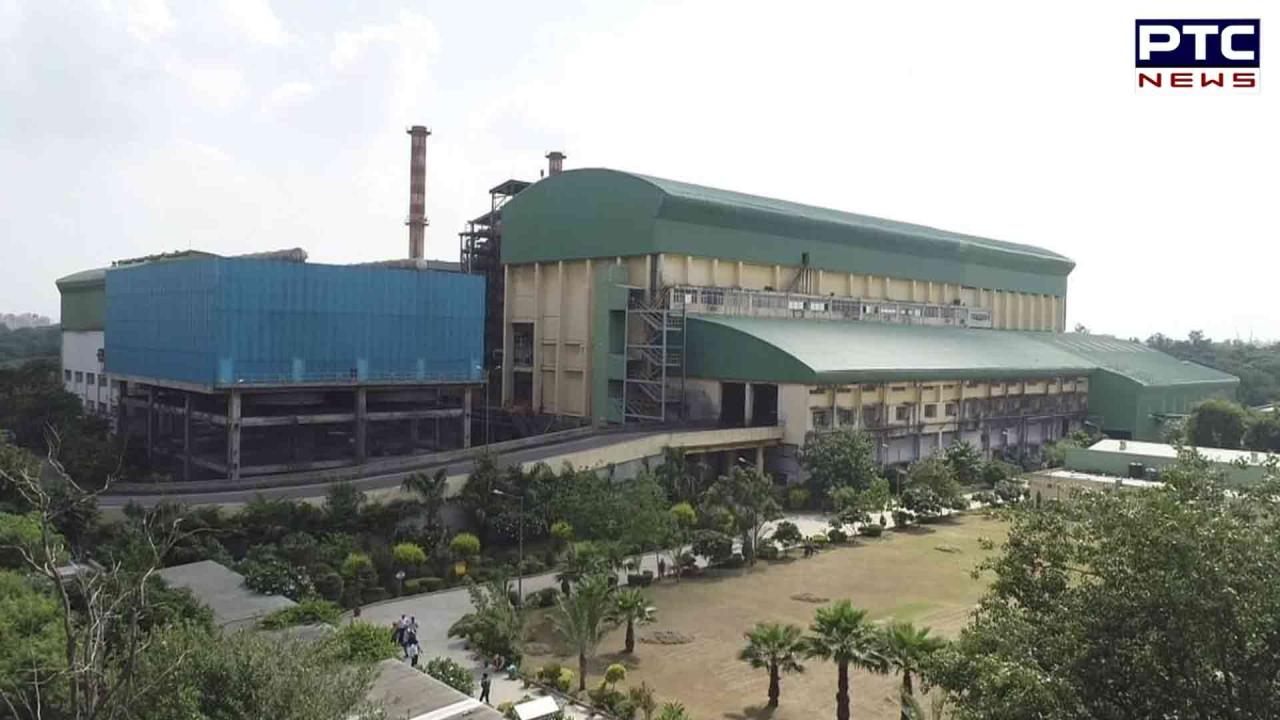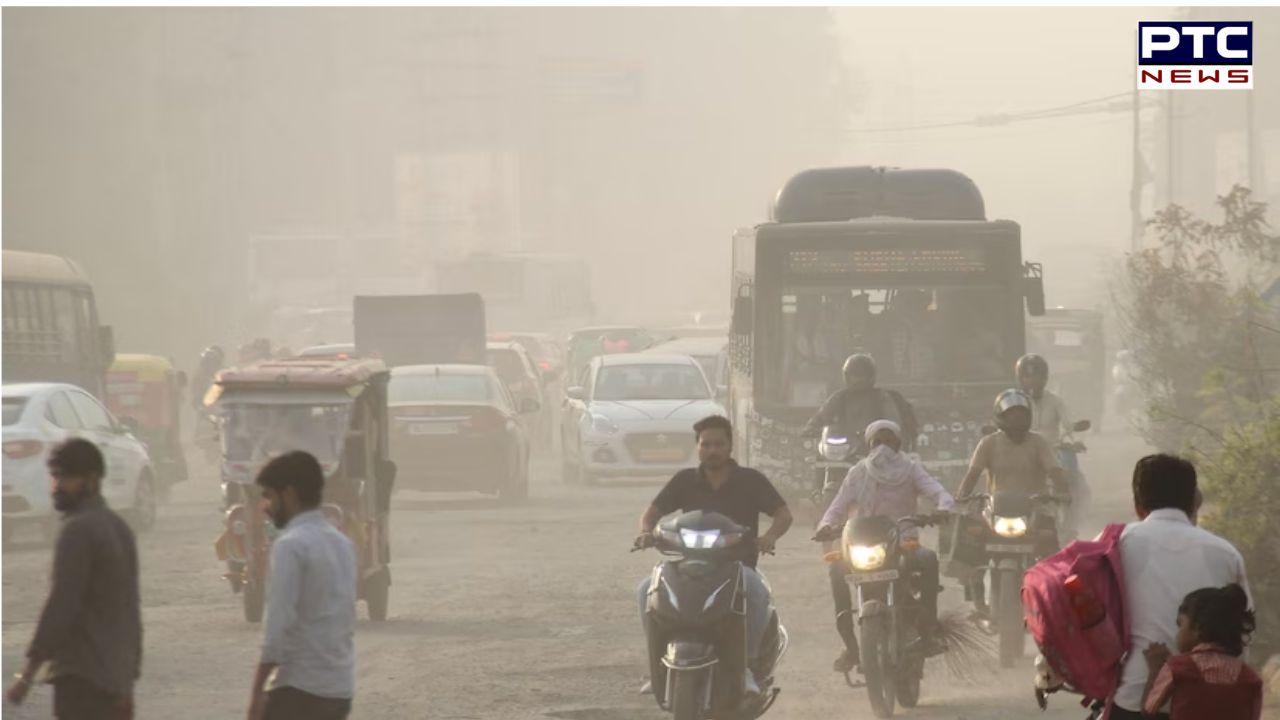

Toxic pollution from Delhi Okhla's waste-to-energy plant putting lives of million of residents at risk: Report
PTC Web Desk: An investigative report by The New York Times has revealed alarming findings about the Timarpur-Okhla Waste Management plant in Delhi, which is allegedly exposing over a million residents to hazardous levels of toxic emissions. The plant, touted as a green solution to the city's waste management and energy issues, is reportedly leaking highly toxic substances such as cadmium, lead, and arsenic, posing a significant environmental and public health threat.
The Okhla plant, established in 2012, was designed to process up to 2,000 tonne of waste daily, converting it into electricity to help address Delhi's energy shortages. Run by Jindal Group's JITF Infralogistics in a public-private partnership with the Municipal Corporation of Delhi (MCD), the plant was supposed to be a model of eco-friendly waste-to-energy conversion. However, The New York Times investigation, which spanned five years, casts a shadow over these claims, suggesting that the plant has failed to maintain essential pollution controls.

According to the investigation, hazardous ash from the plant is being illegally dumped in residential areas near southeast Delhi’s Badarpur border, exposing local people—especially children—to toxic pollutants. The ash, which is dumped close to schools and children’s parks, contains dangerously high levels of heavy metals. Air and soil samples taken from the vicinity of the plant between 2019 and 2023 revealed alarming concentrations of cadmium (19 times above the permissible limit), manganese (11 times), arsenic (10 times), lead (4 times), and cobalt (3 times). Prolonged exposure to these heavy metals can result in severe health issues, including respiratory diseases, cancer, neurological disorders, and complications during pregnancy.
In addition to the high levels of heavy metals, the investigation found that dioxin emissions from the plant are up to 10 times the legal limit. Dioxins are some of the most toxic chemicals known to humanity and were infamously used as a defoliant during the Vietnam War. Internal government reports have corroborated the findings, highlighting that the plant’s emissions exceed legal limits and endanger public health.
Local residents have reported rising cases of respiratory illnesses, skin infections, and black phlegm, while children playing near the waste dump sites are at significant risk of long-term health complications. Interviews with workers at the plant further revealed that basic safety protocols are often ignored in an effort to cut costs. Despite these serious concerns, the Jindal Group continues to generate carbon credits from the plant’s operations, expanding its waste management business by securing more government contracts.
Experts argue that without stricter oversight, such waste-to-energy plants can operate more like "open-pit garbage fires" than controlled incineration facilities, with disastrous consequences for both the environment and public health.
- With inputs from agencies
